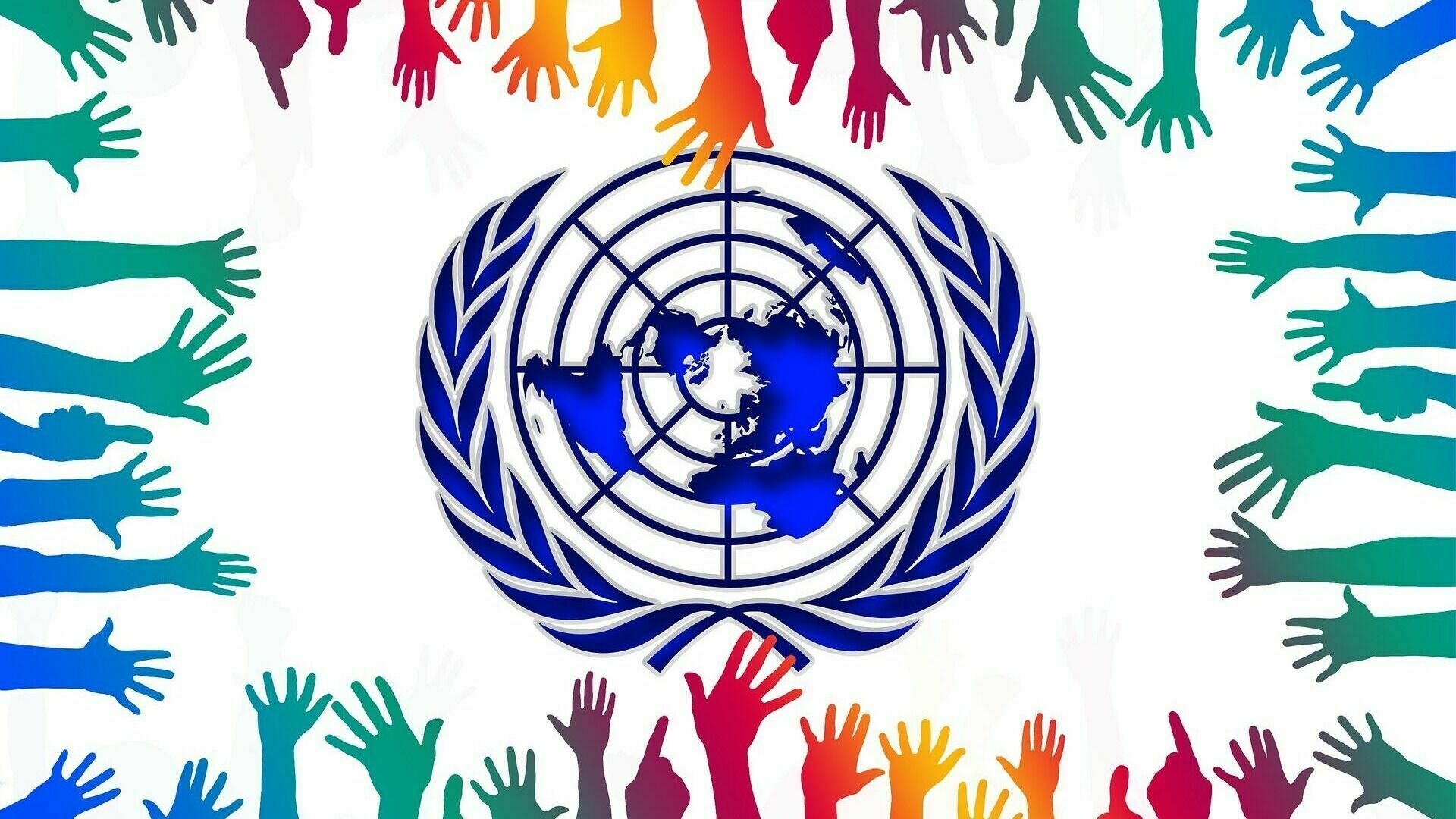Posted 10 апреля 2023, 08:05
Published 10 апреля 2023, 08:05
Modified 10 апреля 2023, 10:27
Updated 10 апреля 2023, 10:27

The ability to negotiate: what is the difference between the democracies of Italy, Denmark and Russia
Dmitry Travin, a political analyst and publicist, made interesting conclusions from watching TV series filmed in different countries on his blog:
"I've been watching various Italian and Danish TV series for several years.
Political, criminal, semi-criminal. At first I looked only for rest, but then suddenly I began to pay attention to an amazing pattern.
In Italy, everyone throws each other, and when they find themselves in a complete ass, they begin to negotiate with each other in order to somehow resolve the situation. In the end, they settle in the ass, considering it the best option for existence.
In Denmark, everyone is negotiating to find the best option for coexistence. Naturally, these negotiations are not always successful, but, disappointed in one partner, the Danes immediately begin negotiations with another, and therefore never get to the full ass.
All this should be taken into account when discussing how effective sustainable democracies are formed. 500-600 years ago, Italian city–states were an example of democracy and economic efficiency for the whole of Europe, but now this is not the case at all. An example, rather, is Scandinavia with its low corruption, weak criminality, high standard of living and a minimum of such stagnant zones in which life is not like European. I myself traveled a lot in Italy and the Scandinavian countries, constantly being amazed at how different the European south and the European north look.
I don't want to draw any far-reaching conclusions from the movie. Viewing impressions are not science. I will not write monographs on the topic of kinomentality. But it doesn't look like what you saw on the screen by chance either. It seems that directors offer their viewers something that they see in everyday life and are ready to accept as a cinematic reflection of reality.
In principle, these are two varieties of European civilization. Both scenarios of life allow you to maintain a normal existence. The differences between Denmark and Italy within Europe are much smaller than the differences between Europe, on the one hand, and Africa, the Middle East, Central Asia, on the other. But, nevertheless, it is worth studying Danish political culture rather than Italian. In any case, negotiations and compromises are a better way to civilization than showdowns and revenge. However, Russia is still more like Italy".
With different speeds to the same goal
Numerous readers of Travin generally agreed with such conclusions, the only objection they had about Russia, which not everyone considered to belong to European civilization.
For example, analyst Gennady Podolny notes with regret that Russia is not even like Italy in this sense:
"They don't want to negotiate with us in any case. To crush competitors, and then to bargain for something from the authorities. But the authorities don't need a weak opposition either! Why negotiate with her if she can't influence anything? That is, it turns out that they will begin to negotiate somehow only in case of complete collapse, when everyone will be against everyone... In Italy, however, they do not expect a complete collapse. They begin to negotiate earlier, when everything is just "very bad". And another moment. In Italy, governments change "just like that." But this does not interfere (more precisely, it interferes, but not critically) with the development of production, science, etc. And our leadership is a light in the window and a truth broadcaster. Your opinion is somewhere in the background... Many have.... Here's another difference".
Political scientist Armen Grigoryan is sure that the European elite is well aware of the state of things described by Travin:
"It recognizes the existence of "two" or even several "speeds" (multi-speed Europe, Europe with variable geometry). Although the main goal of the same EU is integration and unification, everyone understands that the participating countries of this organization differ from each other both in terms of economic development and mentality".
This observation, by the way, is valuable because it refutes the favorite mantra of the Russian authorities about a supposedly unipolar world that the insidious West dreams of building. Nothing like that, civilized countries are well aware of the peculiarities of different mentalities, and they are just trying to take them into account, but only under one condition – the indispensable priority of democracy.